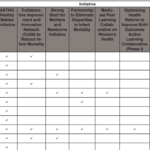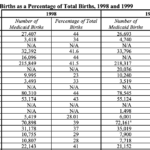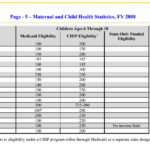States continue to drive toward improving the health of their residents and, because health care costs are a large and growing component of state budgets, governors also are looking for long-term, transformational ways to improve the efficiency of their Medicaid programs. Generally, a small segment of the enrollee population account for large portion of states’ Medicaid expenditures. Those individuals with complex care needs, also known as “super-utilizers,” tend to have a history of chronic illness, multiple comorbidities, special needs and other non-clinical complications that may be related to unstable housing, employment, food and transportation and interaction with the criminal justice system. They often use emergency departments and inpatient services when home and community-based interventions could be employed with good outcomes and at lower costs. By appropriately redirecting state funds to address the comprehensive needs of people with complex care needs, states can rein in escalating costs and improve the quality of care delivered to high-risk and vulnerable Medicaid beneficiaries.

Improving Birth Outcomes in Medicaid
Strategies for States to Encourage and Fund Community Care Teams
Long-Term Services and Supports: Challenges and Opportunities for States in Difficult Budget Times
State Perspectives on Insurance Exchanges: Implementing Health Reform in an Uncertain Environment
State Health Insurance Exchanges and Children’s Coverage: Issues for State Design Decisions
Testimony – Senate Budget State Fiscal Situation

2010 Maternal and Child Health Update: States Make Progress Towards Improving Systems of Care
State Roles in Delivery System Reforms
Testimony – Governor Douglas State Taxes













